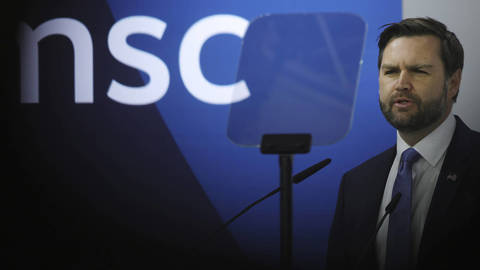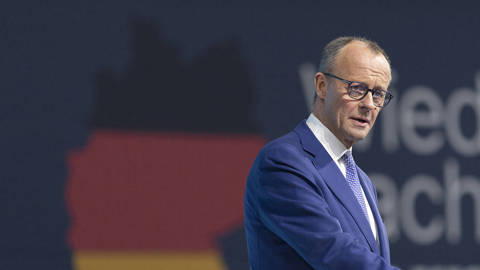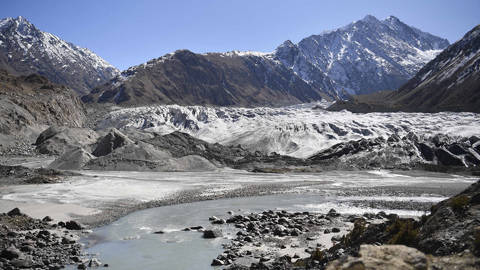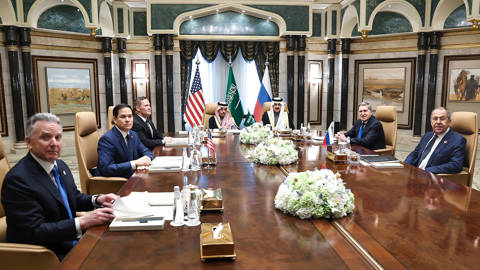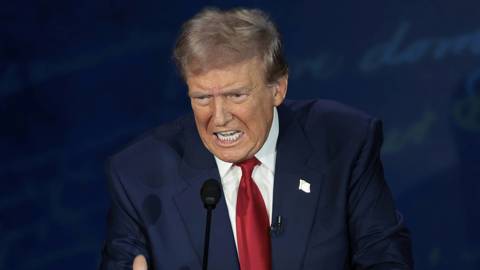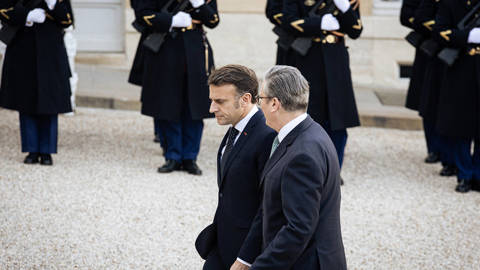Hans-Helmut Kotz
Hans-Helmut Kotz, a former member of the executive board of Deutsche Bundesbank, is Program Director of the SAFE Policy Center at Goethe University in Frankfurt and a resident fellow at the Center for European Studies at Harvard University.
-
Did Germany’s Constitutional Court Inadvertently Strengthen the Eurozone?
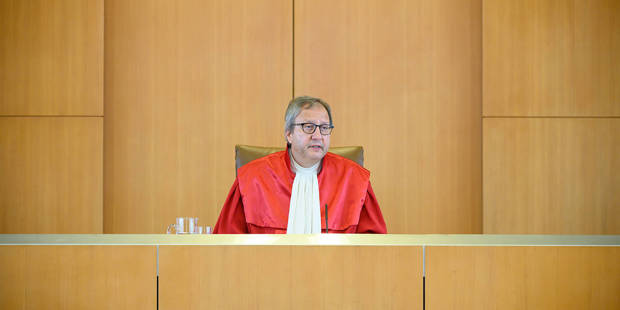
Did Germany’s Constitutional Court Inadvertently Strengthen the Eurozone?
May 11, 2020 Hans-Helmut Kotz sees a silver lining in the court's much-criticized ruling on the European Central Bank's bond purchases.
-
Germany Versus the ECB
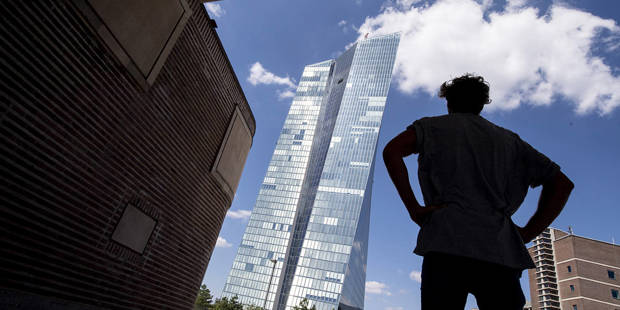
Germany Versus the ECB
Oct 10, 2019 Hans-Helmut Kotz holds out hope that eurozone governments may finally be recognizing the need for fiscal stimulus.
-
Macron’s Real Limits
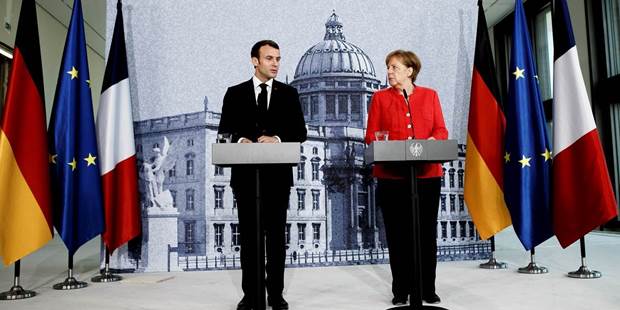
Macron’s Real Limits
Apr 24, 2018 Hans-Helmut Kotz thinks the French president's policy pronouncements lack the courage of his European convictions.
-
The Chimera of Franco-German Reform
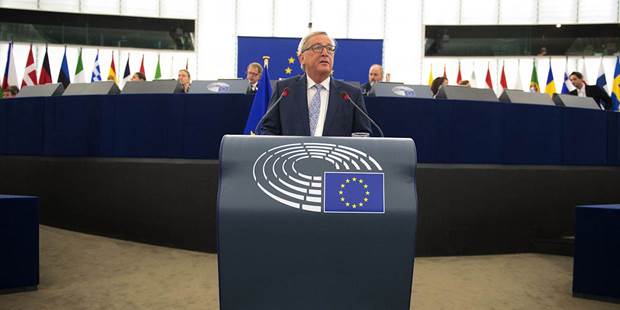
The Chimera of Franco-German Reform
Oct 4, 2017 Hans-Helmut Kotz warns the European Union's would-be reformers not to count on the support of Germany's next government.
-
Financial Globalization 2.0
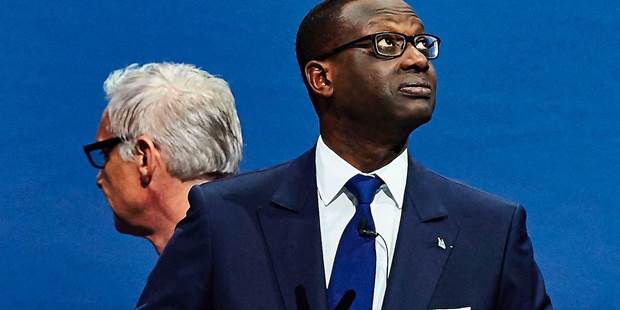
Financial Globalization 2.0
Sep 5, 2017 Hans-Helmut Kotz & Susan Lund suggest that a more resilient system is emerging, despite shrinking cross-border capital flows.
